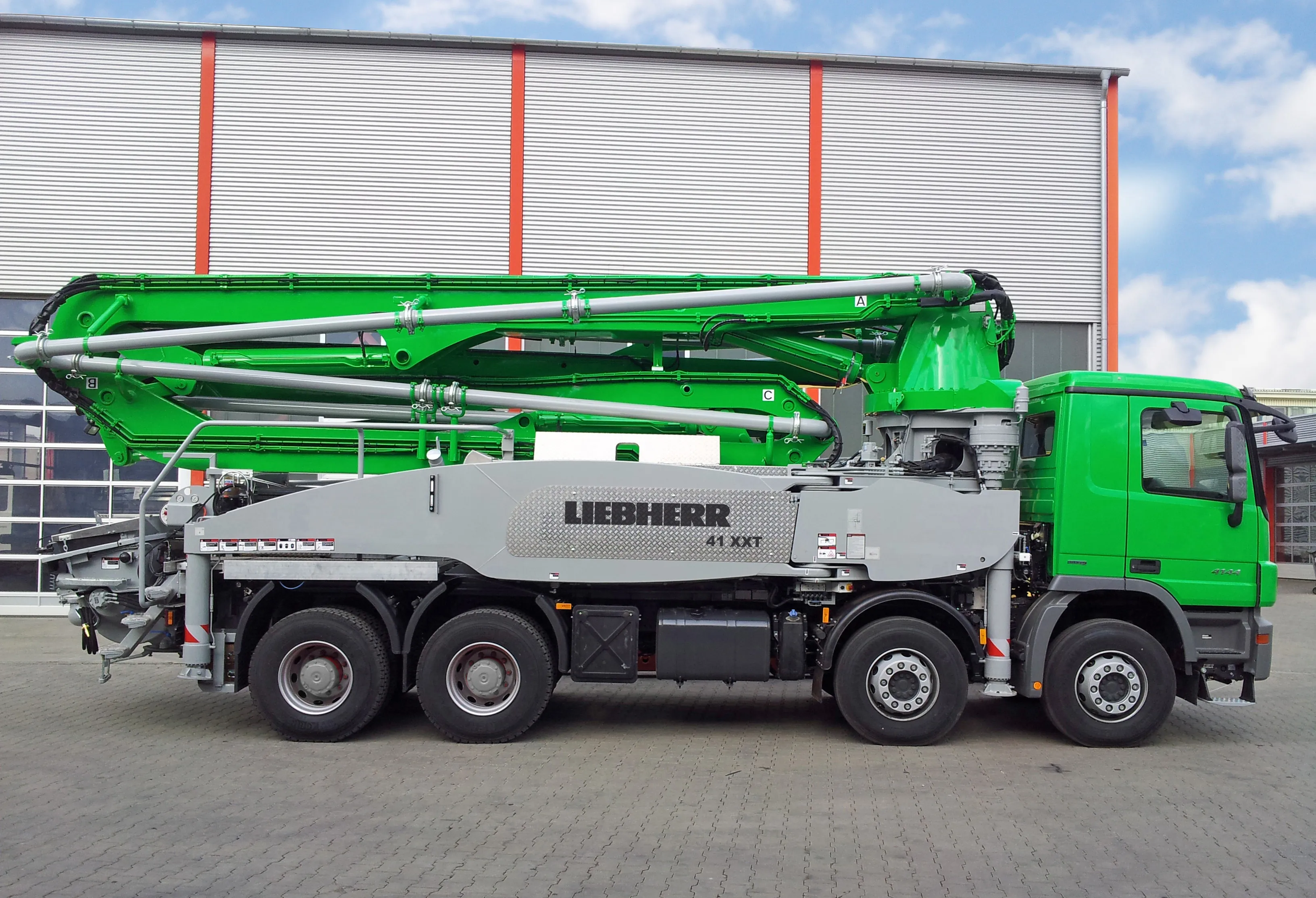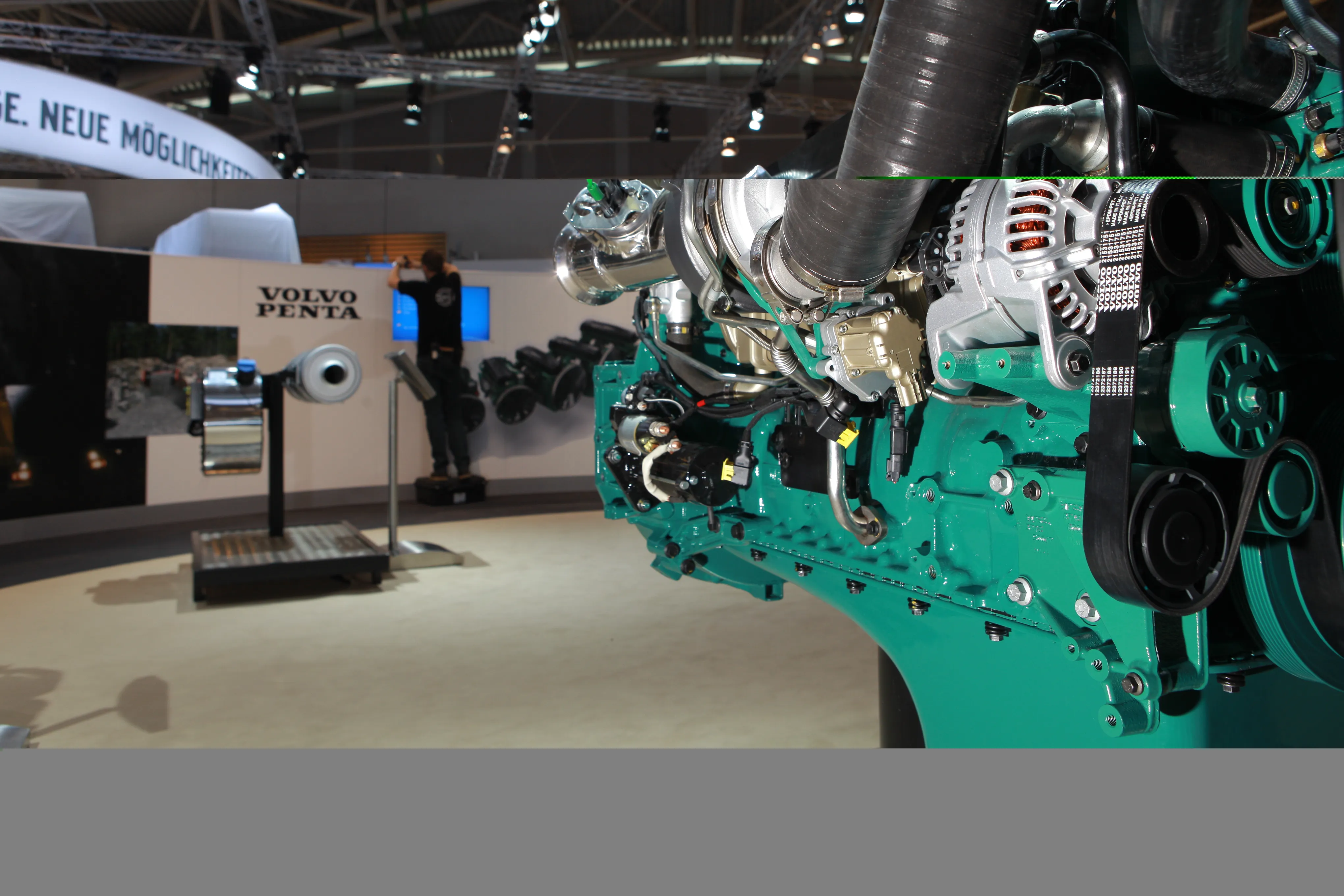Atlas Copco’s Portable Energy division says its name change from Portable Air has seen the strategy produce innovation across all five pillars of the division: Air (on-site compressors); Power (on-site generators); Light (on-site light towers); Water (on-site pumps) and Used Equipment. “Our five pillar strategy has enabled us to innovate across the board to become a complete solutions provider for the construction industry,” says Norbert Paprocki, president of the Atlas Copco Portable Energy division. “Our
January 6, 2017
Read time: 2 mins

“Our five pillar strategy has enabled us to innovate across the board to become a complete solutions provider for the construction industry,” says Norbert Paprocki, president of the Atlas Copco Portable Energy division. “Our Genset Management solution is just one example of innovation driven by customer needs that we will be demonstrating at
Among other world and European debuts across these pillars will be the European debut of the QLTS solar light towers from the Light Pillar while the Water Pillar will be showing the latest additions to the WEDA pump range for the first time in Europe.
The Air Pillar, compressors, is finalising the last phase of Stage 3B units and has started developing a dedicated series 7
“At bauma, Atlas Copco will demonstrate the cost advantages of its Genset Management solution. The new Digital AVR (Automatic Voltage Regulator) technology with the Qc4002 MkII controller reduce the need to oversize equipment in order to meet start-up requirements, which has a significant impact on generator cost, efficiency and lifespan,” says the company.
%$Linker:








